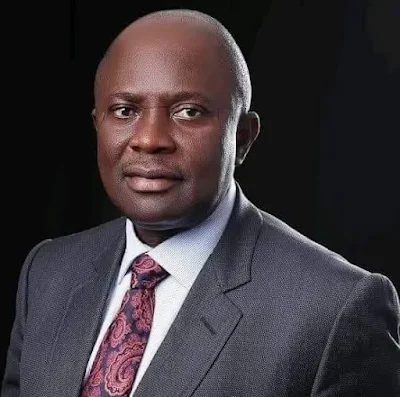I am near the town of Ziniaré, about a two-hour drive from
Ouagadougou, the capital of Burkina Faso. A hundred people are gathered under a
huge baobab tree to welcome me before my visit to an agricultural project run
by the Léger Foundation. Food insecurity affects about half of the country’s
population.
After a short speech, I am taken to a small goat farm.
Standing beside the fence, Iboudo Assèta tells me a story I will never forget.
Iboudo is a widow and the mother of six children. She is
living with HIV and was identified by the project as a person who might have to
leave her community to go to the city in order to provide for her family.
Thanks to the work of our partners, she was able to access training, a business
start-up kit and AIDS treatment.
Iboudo quickly decided to start up a farm with three animals
provided by the project. With the support of a local training centre, she
managed to expand her herd. She is now able to provide for her whole family
with her new income. Her children are healthy, have enough to eat and go to
school. One of her greatest sources of pride is having installed solar panels,
which help them to do their homework in the evening.
Iboudo was not asking for help. On the contrary, she kept
telling me how proud she is of her independence. Proud to be able to provide
for her family. Proud to have escaped levirate, a custom that forces widows to
marry their deceased husband’s brother.
A model of success for the women of her community, she
passes on her know-how and expertise. Every day, she talks about how a person’s
life can change simply by having access to the right resources.
This woman’s story affected me deeply because she shows the
important role of women as agents of change in their communities. Iboudo and
her story are part of a powerful evidence base that will underpin Canada’s new
international assistance policy. This is a policy that will tackle gender
inequalities. A policy that will address the significant obstacles faced by
women and girls all around the world. A policy that will recognize the active
role that women and girls can and must play in society for everyone’s benefit.
Our broad-cased consultations and the important evidence
support this vision of development. According to the State of World Population
2016, a report by the United Nations Population Fund (UNFPA), a 10-year-old
girl’s life trajectory will be the true test of whether the 2030 Agenda (the 17
Sustainable Development Goals of the United Nations) is a success or a failure.
And that trajectory is littered with pitfalls.
For example, we still see
serious gaps in access to sexual and reproductive health services. Every year,
out of desperation, an estimated 22 million women and girls endanger their
lives by undergoing unsafe abortions. The same is true for access to education.
Because girls are disproportionately affected by gender-based violence or early
and forced marriage, 62 million teenage girls in the world do not go to school
or are frequently absent. That is double the number of boys.
To make a real difference, Canada must invest strategically.
We have to consider women and girls at the beginning of every process. Are they
being consulted? Are they involved in decisions? Do they play a role in
implementing our programs and leading in solutions? In administrative terms,
the empowerment of women is not a checkbox at the bottom of a form. It is the
careful application of gender analysis to every project we fund.
Like Iboudo, the 400 participants in the Léger Foundation’s
project form the “first brigade of pioneers” in the fight for food security.
When they are given the resources to achieve their full potential, these
strong, independent, engaged women are the most powerful agents of change,
development and peace. They are the pillars on which we rely to address poverty
and inequality, to adapt to climate change and to enhance peace and security in
the world.
In this International Development Week, I would like to
thank all Canadians and our partners who are working hard to build a fairer,
more inclusive, more sustainable world.
Despite the magnitude of the challenges we are facing, let’s
remember, like Iboudo, that significant change is brought about by the sum of
all the little victories.
*Contributed by the Honourable Marie-Claude Bibeau, Canadian
Minister of International Development and La Francophonie
... Linking agrobiz, sustainable environs, people & technology










